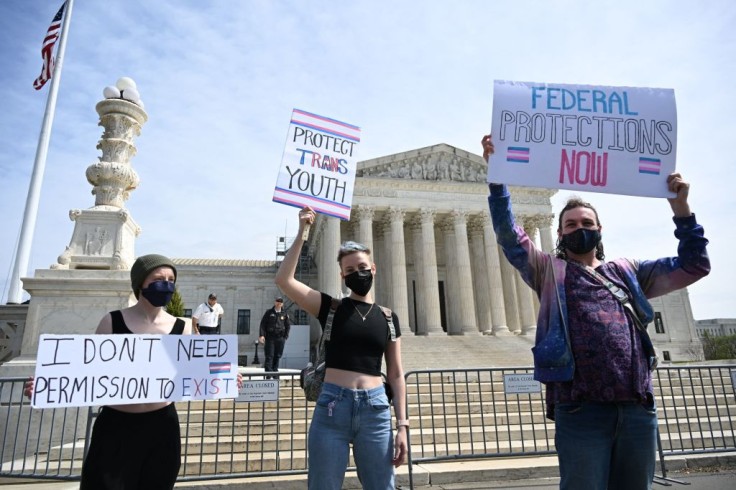
Amidst the rising debate on LGBTQ sex education in the United States, a significant number of LGBTQ students report feeling a conspicuous absence of content pertinent to their identities.
Stella Gage, a sophomore at Wichita State University, becomes a poignant representation of this demographic, underscoring the deficiencies of current educational programs.
Sparse Landscape of LGBTQ Sex Education in Schools
Stella Gage's introduction to sex education started unremarkably in fifth grade with a basic video on puberty. Come ninth grade, the scope barely broadened, highlighting potential risks associated with sexual behaviors. Yet, through it all, the curriculum glossed over LGBTQ-specific nuances. Gage's lament mirrors the frustrations of many LGBTQ students.
"My parents were mostly absent, my peers immature, and with no one else to turn to, I ventured online," Gage admitted.
With traditional educational channels failing them, a growing number of LGBTQ students are relying on platforms like social media and online resources.
A recent survey released in August indicated that a mere 13.8 % of 12,615 LGBTQ+ students acknowledged having been exposed to LGBTQ+ history during their schooling.
The study, conducted jointly by the Human Rights Campaign Foundation and the University of Connecticut, predominantly gathered data from high school attendees, with a minority from middle school and college. The majority of the respondents attended public schools, and the data was collected in 2022.
The limited exposure of LGBTQ+ students to queer history in educational settings was highlighted by Ryan Watson, an associate professor at the University of Connecticut and the primary investigator of the study.
Watson expressed his astonishment, noting that the demand for such inclusive education has been persistent. He recalled that similar calls for inclusivity were made a decade ago.
Furthermore, Watson emphasized that integrating diversity and LGBTQ+ perspectives in school curricula is not a political move, although state legislatures seem to be taking an increasing interest in the matter.
GOP-Led States, Their Impact on Inclusive Sex Education
The debate over LGBTQ sex education isn't just about curriculum; it's deeply political. Recent legislation targeting the LGBTQ community has found footing, particularly in GOP-led states.
Some high-ranking officials, even those eyeing the presidential seat under the Republican banner, vehemently advocate for the stripping away of LGBTQ content from academic environments. This political divide brings to light the vast inconsistencies in the nation's sex education approaches.
For instance, organizations such as Planned Parenthood ardently champion an inclusive sex education paradigm. In stark contrast, states like Texas harbor archaic beliefs.
Their penal code, astonishingly, still contains provisions suggesting that homosexuality is both unacceptable and a criminal offense-a stance deemed unconstitutional by the U.S. Supreme Court nearly two decades ago.
Online Ventures: Navigating the Murky Waters of the Internet
For LGBTQ students, the search for understanding and validation often leads them to the vast expanse of the internet. While it can be a treasure trove of information, the internet also houses a labyrinth of misleading and sometimes harmful content.
Peter Adams of the News Literacy Project offers a word of caution, emphasizing that political controversies, especially those surrounding LGBTQ sex education, intensify the generation of disinformation online. Yet, it's not all bleak. There are voices within the LGBTQ community and its allies advocating for a constructive use of the web.
Ashton Gerber, a student at Tufts University, suggests educators can help by directing students towards credible online resources, ensuring they have access to accurate, relevant information.
In the modern age, the quest for comprehensive and inclusive sex education has never been more urgent. "Decisions about our sexuality and reproductive health are pivotal. It's crucial that they're rooted in informed understanding," Gage opined.
The underlying message is resonant and clear: The current paradigm, particularly in GOP-led states, must evolve.
As the narrative on LGBTQ representation in schools gathers momentum, it's evident that the voices of LGBTQ students, like Gage and Gerber, will be pivotal in shaping the future of inclusive sex education.